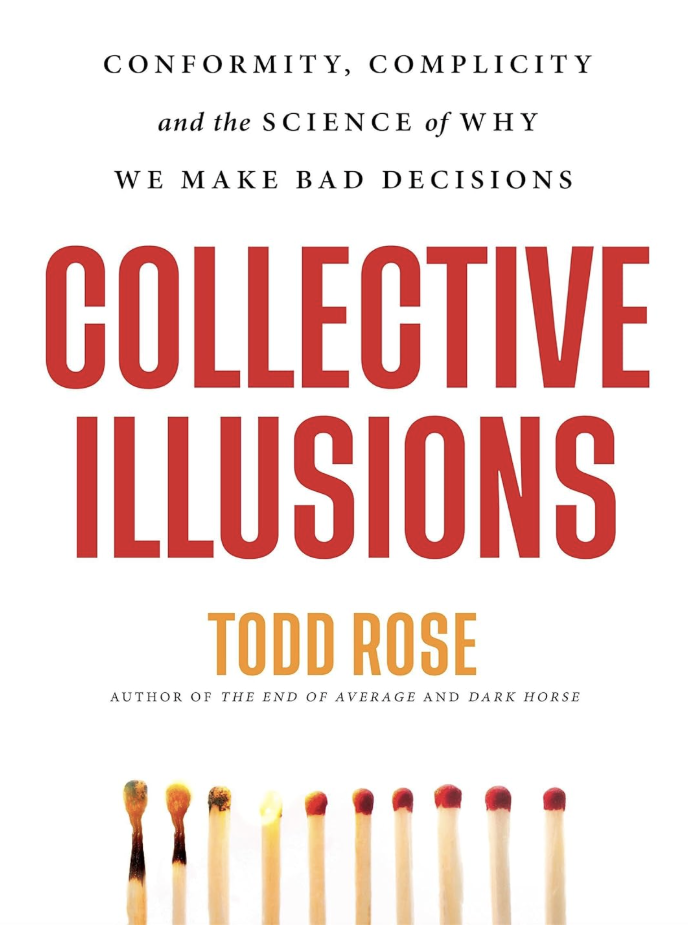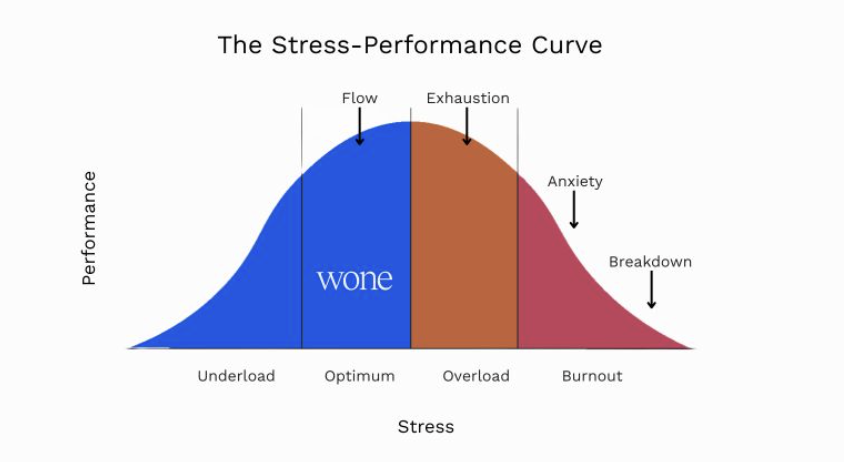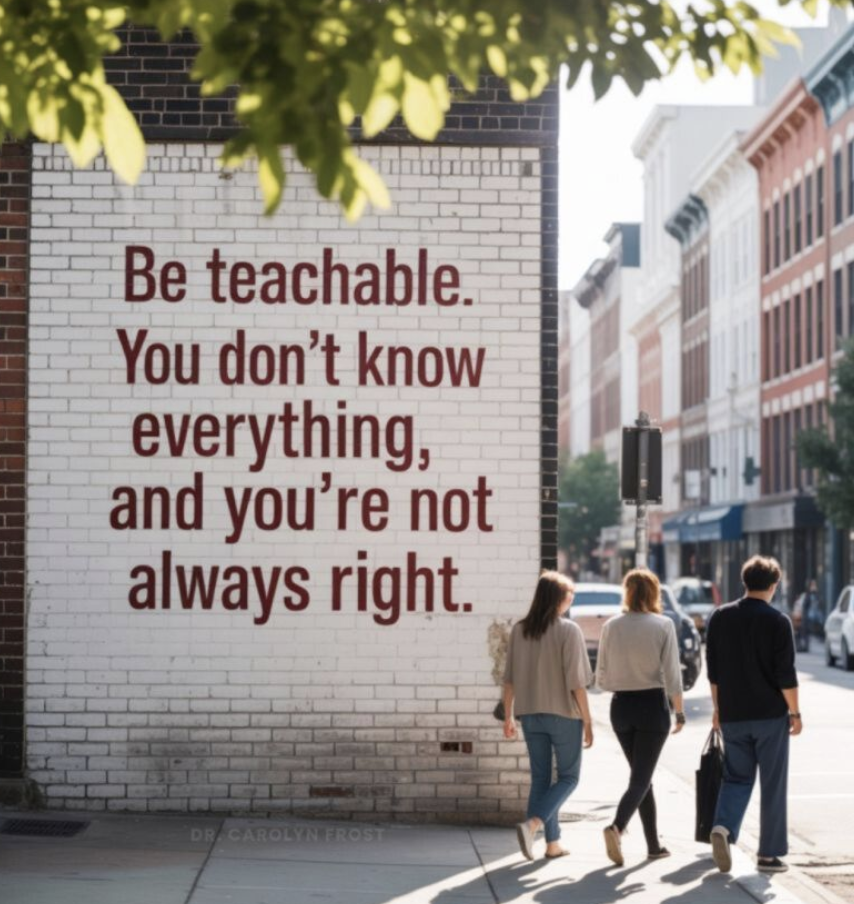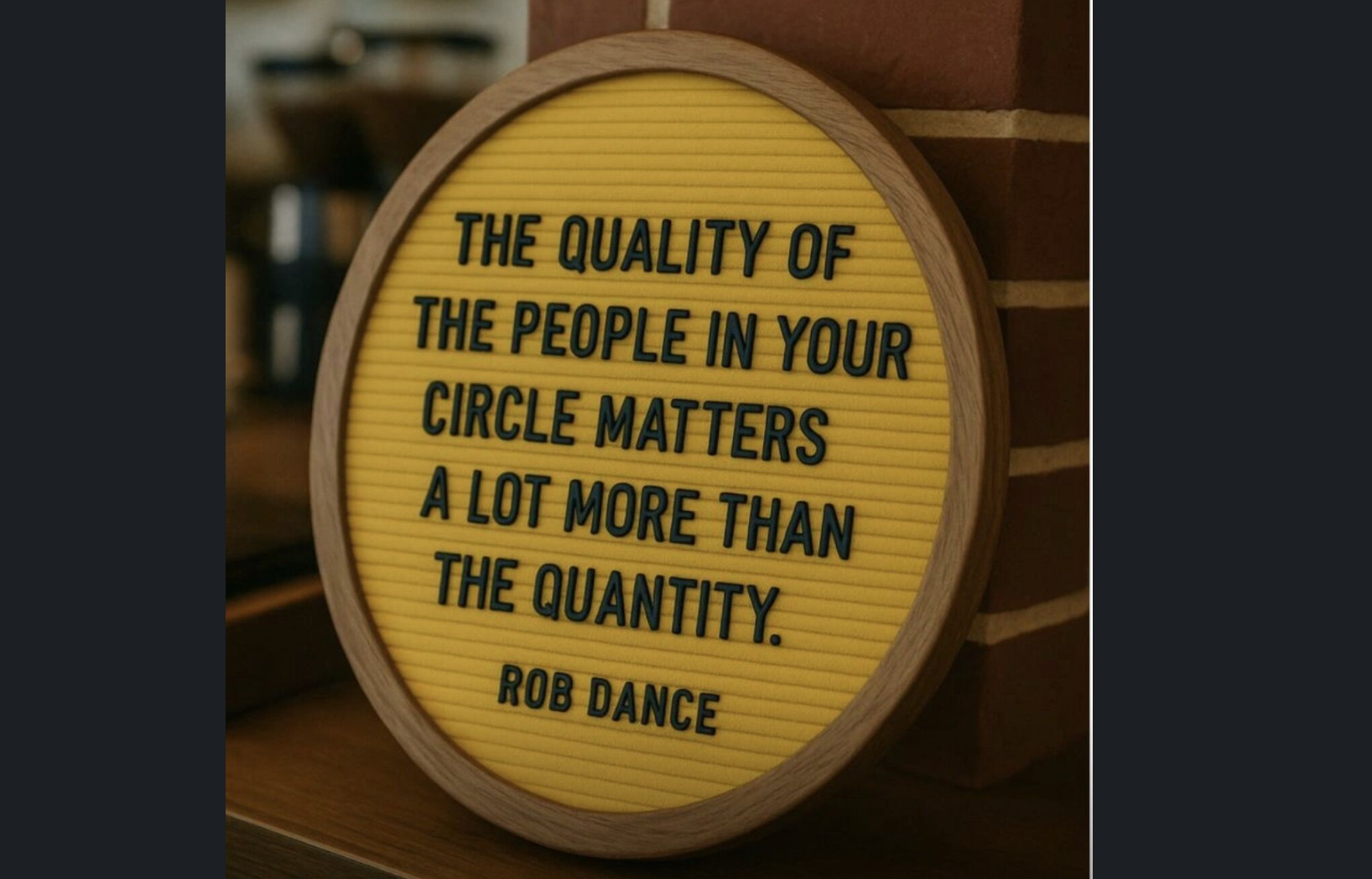Perfectionism vs. Excellence
A Leadership Lens
I’ve long been fascinated by Emma Grede’s journey, rising from East London, building enormously successful consumer brands (Good American, SKIMS, Safely), and breaking barriers as an investor judge on Shark Tank and Dragons’ Den.
She has spoken about the difference between perfectionism and excellence and how that distinction is vital for entrepreneurs, creatives, and leaders alike.
Leaders often strive for perfection, but it’s excellence that acts as jet fuel, accelerating growth while creating calm confidence and genuine satisfaction.
Below is how I interpret this through Emma’s lens and how leaders can use “excellence” as a lever for standing out, building influence, and embodying executive presence.
Perfectionism: Fear of judgment demanding flawless outcomes
Oriented outward: measuring what people are going to think about what you did.
Relentless comparison: benchmarking someone perceived ideal.
Paralysis by fear: if it’s not “perfect,” it’s not acceptable leading to inaction, overwork, second-guessing, or burnout.
Unsustainable: forces conformity to external expectations.
Excellence: Committed to growth requiring consistent effort
Oriented inward: measured by your own version of excellence, aligned with your purpose and strengths
Continuous improvement: showing up and doing the work.
Grounded in authenticity: the standard is yours.
Scalable and sustainable: over time excellence compounds.
Leverage excellence to stand out, build trust, and elevate influence
Define your “good enough”, then deliver it with pride.
Focus on progress, not perfection.
Lead with clarity and calm, even when results aren’t polished.
Be transparent about your learning process, it builds credibility.
Takeaways:
Perfectionism chases validation and drains your energy trying to please everyone.
Excellence creates a legacy amplifying your energy by aligning with your values.
Leadership excellence is about being fearless enough to keep evolving.
Let excellence be your north star.
Be willing to start, to evolve, to own your distinct standard, and to show up imperfectly consistent.
That is how you build trust, presence, and influence.
What’s your personal standard of excellence and how are you using it to lead?
“Perfectionism chases applause; excellence builds trust. Lead for progress, not approval.”
Resources to Dive Deeper
The Perfection Trap: Embracing the Power of Good Enough — Thomas Curran: A research-backed case for replacing perfectionism with sustainable high standards.
The Gifts of Imperfection — Brené Brown: Practical guideposts for trading perfectionism for courage, authenticity, and wholehearted leadership.
Mindset: The New Psychology of Success — Carol Dweck: The science of growth mindset, why progress and effort beat perfectionism over time.
Atomic Habits — James Clear: A systems approach to excellence through small, consistent improvements.
The Costs of Being a Perfectionist Manager (HBR): How perfectionist leadership harms teams, and what to do instead.
Don’t Let Perfection Be the Enemy of Productivity (HBR): Tactics to ship excellent work without getting stuck in “perfect.”
WorkLife with Adam Grant: “Breaking Up with Perfectionism”: Evidence-based strategies to unhook from perfectionism and perform better.
HBR IdeaCast: “Dealing with Perfectionism”: A clinical psychologist explains how high standards can thrive without the perfectionist downsides.
Aspire with Emma Grede: Conversations with top builders on habits, strategy, and progress-over-perfection, aligned with Emma’s lens on sustainable excellence.
Collective Illusions by Todd Rose
Leaders often assume nodding heads mean alignment. Todd Rose shows why that’s dangerous. Collective Illusions reveals how we privately disagree yet publicly conform because we believe “everyone else” thinks differently. The result is a culture that rewards compliance, punishes candor, and slows real progress.
This is a timely read for any leader working to unstick teams. Rose offers accessible science and practical moves: make private beliefs visible, normalize dissent, and design rituals that reward truth over performance. If you want a playbook for turning quiet skepticism into shared conviction, start here.
Consider how many different pieces of content you see in any given week. See something that resonates with you? Share it with us to feature it in our Social Media of the Week section.
“Excellence is consistency with a purpose. Show up, iterate, and let your standards, not their opinions, set the pace.”
— Leadership Mastery Network







